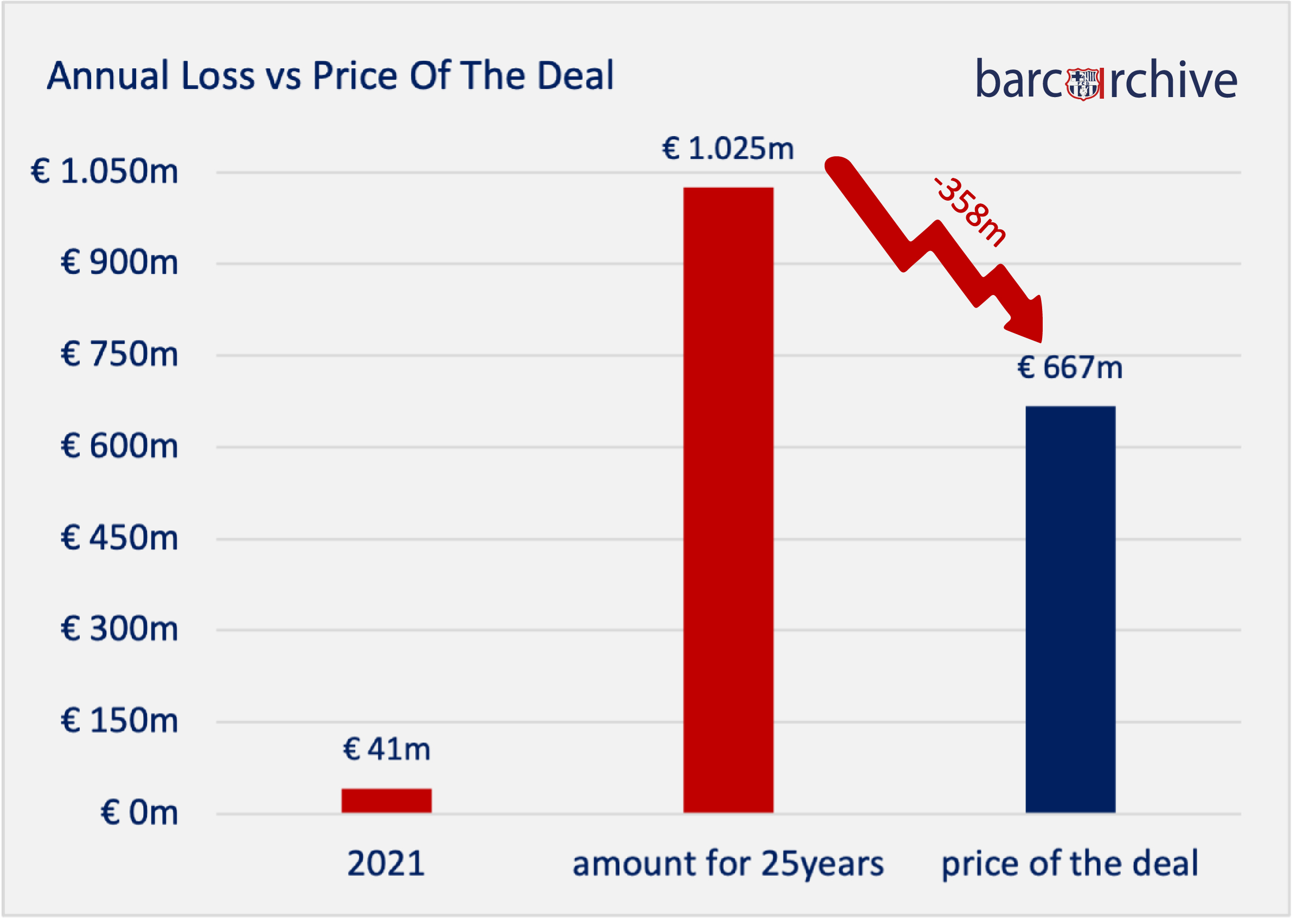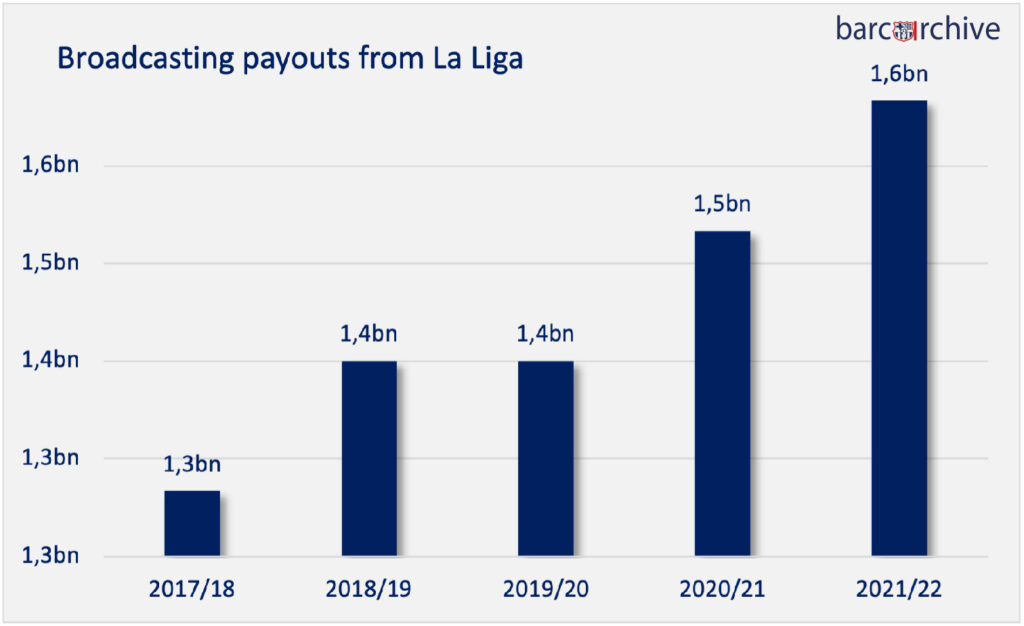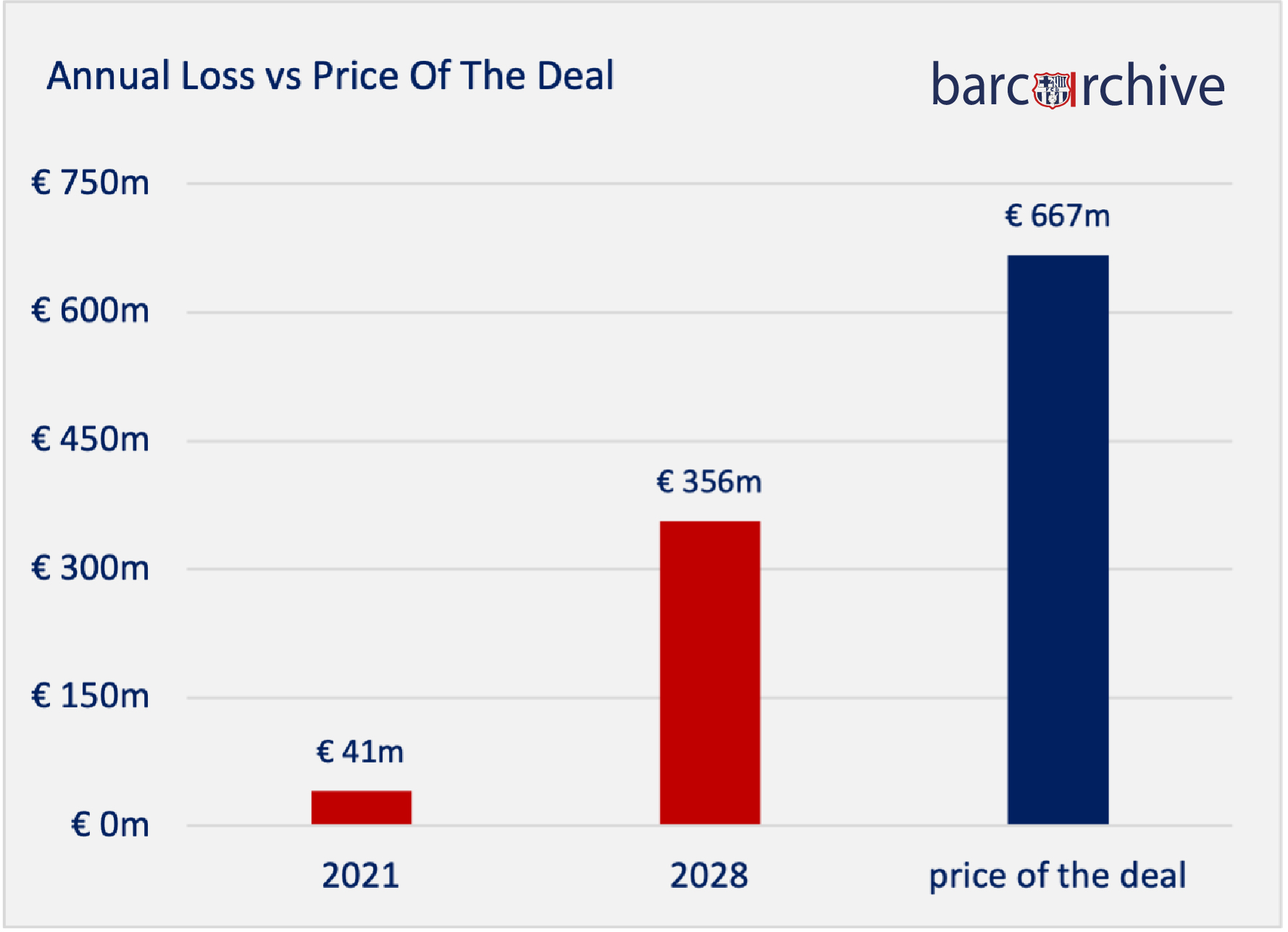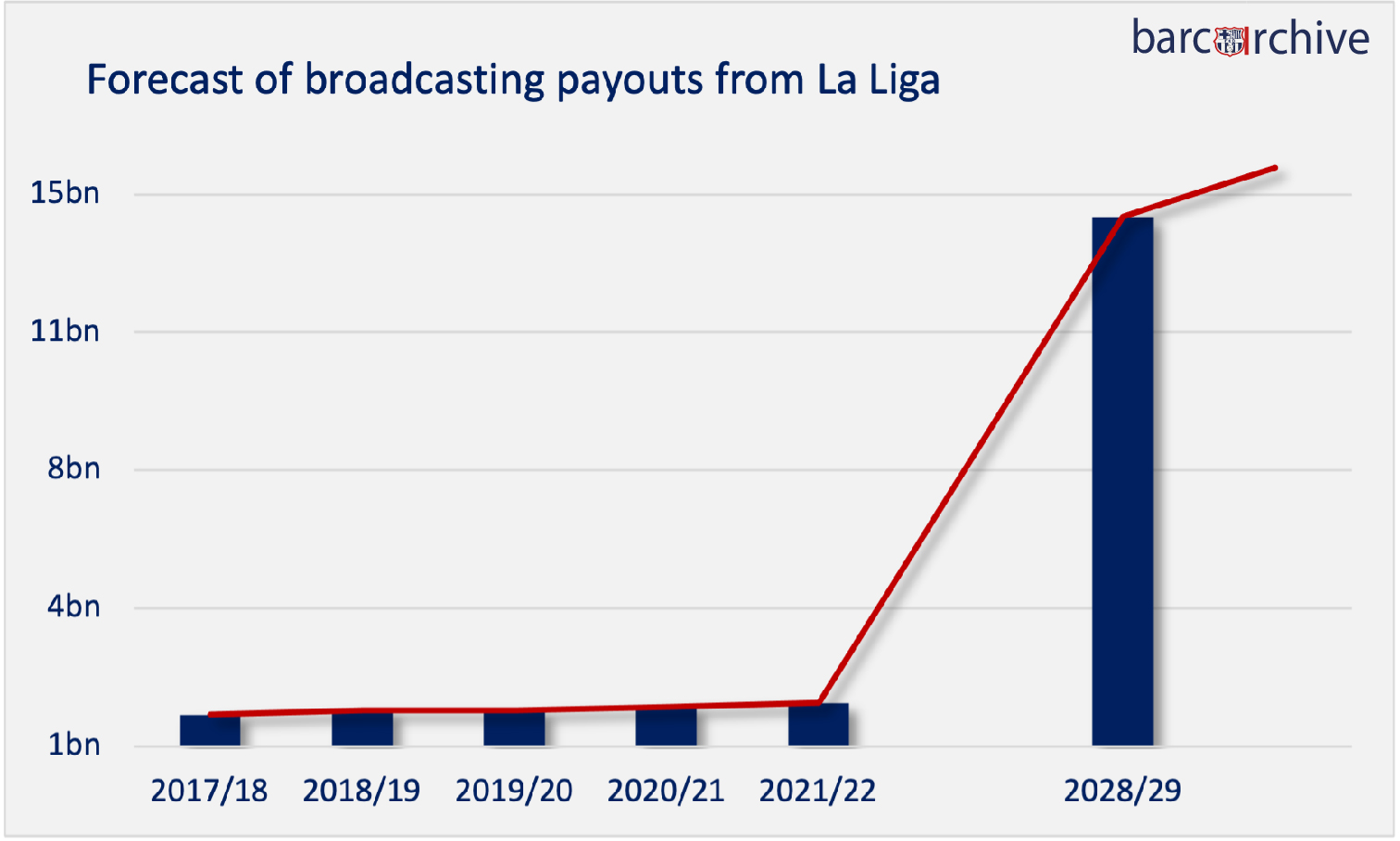
Deciding Destiny:
The Wager Shaping FC Barcelona's Fate, Success or Downfall
Last year, FC Barcelona created a big stir, by signing world-class players, such as Robert Lewandowski, Joules Koundé, and Ferran Torres, although they have been dealing with the biggest pile of debt (over one billion) football has ever seen. Simply put, Barca was about to go bankrupt, but on the other hand were buying players like they just have won the Champions League, La Liga, and the Supercopa the last ten seasons. However, this was not quite the case, as FC Barcelona was no longer a serious contender in European competitions. Managers, Coaches, and even the UEFA found themselves puzzled in press conferences or interviews when asked about how Barca was able to spend such vast amounts of money.
Behind the scenes, however, things weren’t as good as they appeared. Barca indeed signed those players, but was not able to register them for the Leauge, due to the Financial Fair Play Rule of La Liga.
Go deeper: Understanding La Liga´s Financial Fair Play Rules
Everything indicated FC Barcelona will not be able to field a competitive squad for the first La Liga game – a fairly uncomfortable situation. Hence, Joan Laporta (the president of FC Barcelona) had to find a solution to raise hundreds of millions of euros in an incredibly short term. And since necessity is known to be the mother of invention, Laporta came up with the biggest bet in football history, the financial lever-pulling.
The Risk and Reward: Laporta’s Bold Strategy to Save FC Barcelona
Due to Joan Laporta’s innovative approach, Barca was able to field the team they wanted in the very first game of the season, however, this move came with a gamble on the club’s future. Simply put, the bet comprises waiving future income to immediately lift the team’s level and thus create a virtuous circle in which a winning team is able to compensate for these future losses and further pay off this huge pile of debt. If Laporta loses this bet, the glorious Barca dynasty will come to an end and perhaps even disappear from the world of football. Nevertheless, should Laporta emerge victorious in this gamble, his name will go down as a hero in the history books of FC Barcelona, who not only pioneered economic strategies within the football industry but also navigated the club out of an almost hopeless sporting and financial situation.
Unforeseen Consequences: A Risky Deal for FC Barcelona
The first lever saw US
financiers Sixth Street buy 25% of Barca’s La Liga TV rights over the next 25 years for 667 million EUR.
This deal perfectly reflects how badly Barca was in need of these funds, and a vulnerability that was mercilessly exploited by those US financiers. However, let’s take things one step at a time.
Football clubs earn their money through three main avenues: broadcasting revenue, matchday revenue, and commercial revenue. According to Deloitte, in 2022, approximately 40% of FC Barcelona’s tot
al income came from broadcasting and in 2021 this figure even reached 50%. You don’t have to be a finance expert to see that this revenue stream is of great importance. Nevertheless, Laporta decided to give up 25% of it for the next 25 years. The first payment was already due last year and amounted to 41 million EUR. Sounds not that bad when you consider that Barca has an annual turnover of more than a billion. But let’s put these numbers in context with the deal. If you assume Barca will earn the same amount from the commercialisation of
those La Liga TV

rights, over the next
25 years (which is very unlikely, as you’ll see), the club would have to pay Sixth Street 1.025.000.000 EUR. This alone would result in a loss of 358.000.000 EUR – arguably not quite the best deal, and it gets even worse.
Starting from the 2017/18 season, the
income generated from the commercialization of La Liga’s audiovisual rights has seen a 15% increase, rising from 1.3 billion EUR to 1.6 billion EUR.

But this surge is only the beginning. The significant potential of this industry becomes clear when companies like Apple and Amazon, who had no prior engagement in sports, let alone sports broadcasting, are now enthusiastically entering this growing field. With Apple securing a 2,5 billion Dollar, decade-long deal with the MLS and now going to war with Amazon, Sky Sports, DAZN and many others for the Premiere League TV rights, there are big changes coming up in the media landscape, which will undoubtedly lead to skyrocketing TV right prices. Following a recently published article from Rethink Research, Media Rights Revenues (MRR) for the top 15 sports Leagues are expected to grow by 8,87% annually until 2028. If we again, put these figures in context with the already mentioned data from La Liga, the proceeds derived

from these TV rights would reach 14 billion EUR by 2028 – an increase of 90%. Consequently, the money Barcelona earns from TV rights will rise as well and thus, the 41 million EUR for Sixth Street as well, transforming this financial lever into a veritable nightmare for Barcelona.

A Vision for Change: Barca Studios and the Road Ahead
After understanding the numbers of the first lever, this may not seem promising for winning the bet, however the second lever provides a glimmer of hope. This financial maneuver brought in 200 million EUR in exchange for 49% of Barca Studios, one of four arms of the Barca Corporate. Barca Studios is taking care of the creation and production of audiovisual content, including documentaries, series, and other media, related to the club’s activities, history, and culture. But this deal did not just bring in money like the very first lever, this deal also brought in two strategic investors, which should help to launch a major project. And this is where it starts to get interesting.
The addressed investors are Socios.com and Orpheus Media. Socios.com is one of the clear leaders in Web3, a more advanced version of the internet, powered by blockchain technology. It offers fans and clubs the opportunity to create new and deeply passionate connections through mediums like NFTs, the metaverse, fan tokens, and numerous other avenues. Orpheus Media on the other hand is a young vibrant web development and media production agency, that understands sports content and entertainment like few others. This interesting combination of strategic partners could help create a whole new and innovative business model within the Barca Studios entity, as we have never seen something before in the world of football. A business model that could emerge which others may look to duplicate. There is obviously still a long way to go, but this economic lever shows huge potential and if Barca gets it right, the deal might come to be regarded as cheap at the price.
The Road Ahead for FC Barcelona
Despite the early withdrawal from the Champions League and the Europa League, Barca was able to secure the La Liga title and thus made a first important step to spark the previously mentioned virtuous circle and later on hopefully winning the bet. Nevertheless, the Champions League is where the money is made in soccer, and if Barca doesn’t manage to compete for this title again soon, the biggest bet in soccer history will be lost and the glorious Barca dynasty doomed. Only time will reveal whether these economic levers will be remembered as daring masterstrokes or cautionary tales, with the upcoming season already pointing the way. The world watches closely.
